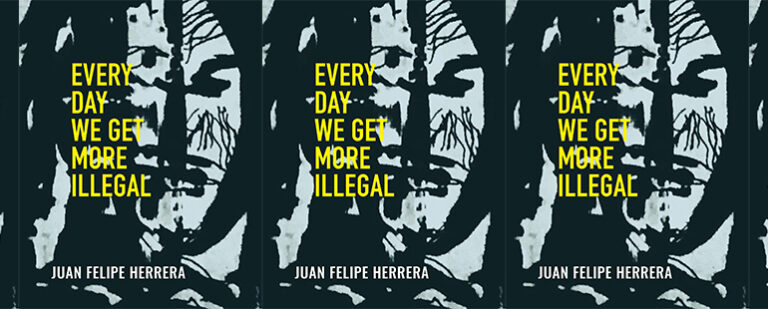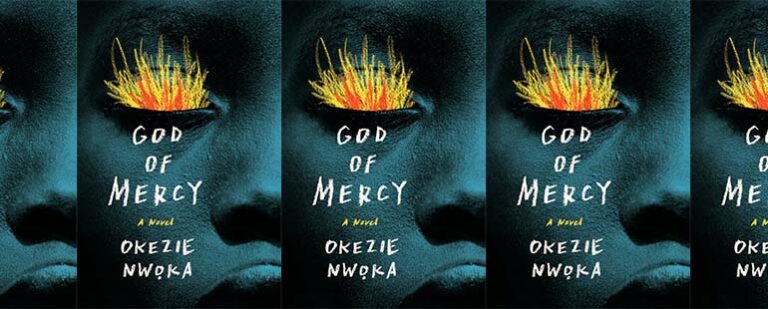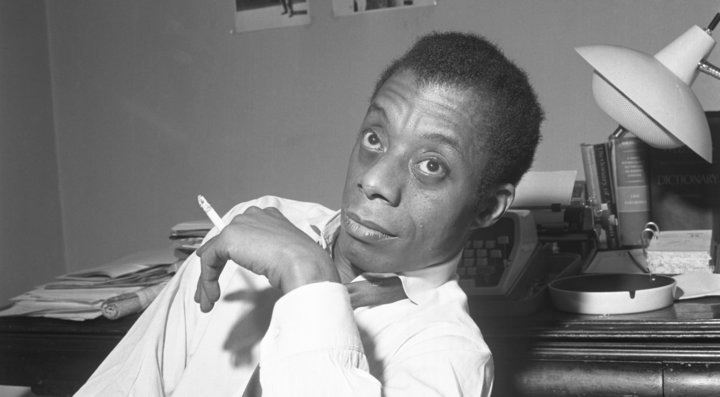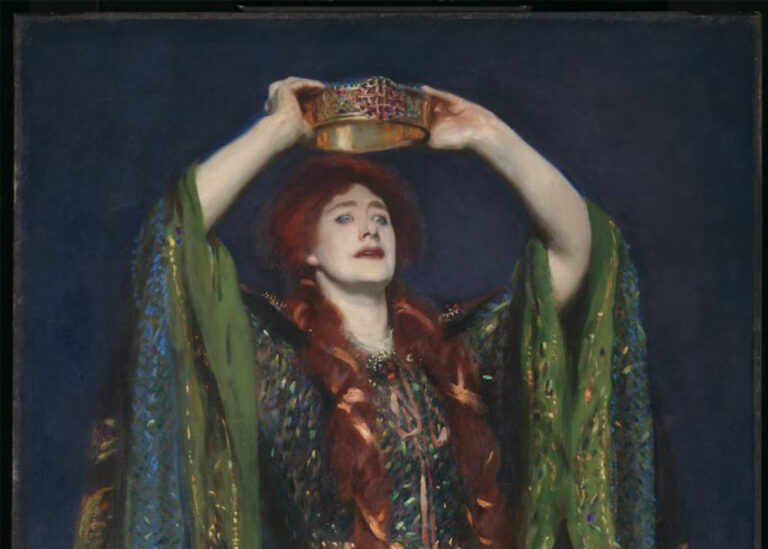Translating Genderqueerness
Genderqueerness is futuristic at its core, which is why you’ll come across many genderqueer characters in speculative fiction. But translation creates friction: gender identities meant to be ambiguous or kept secret until the reveal of an unexpected twist come up against other linguistic systems, as well as translators’ preconceptions.








